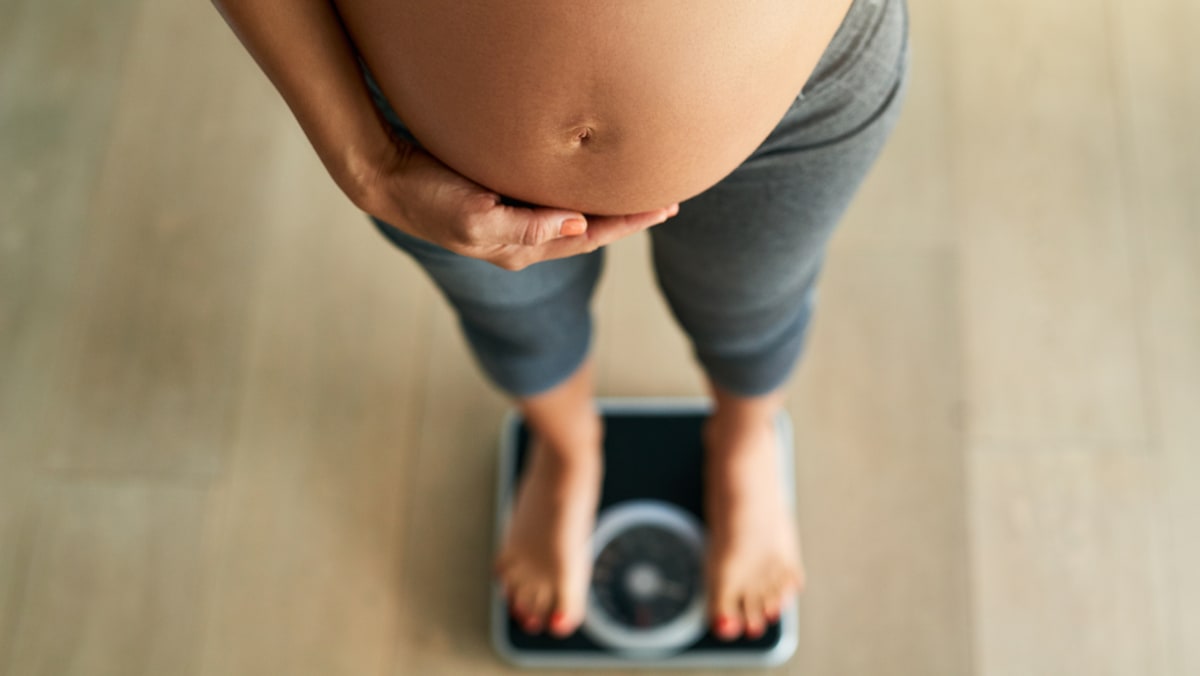
Dr Sarah Li, a consultant from the National University Hospital (NUH) department of obstetrics and gynaecology, said that for most women with an uncomplicated pregnancy, the weight gain is due to the body supporting the developing baby.
Weight gain can vary with each trimester. In the first trimester, many women gain little weight. “Some may even lose weight due to loss of appetite and morning sickness, which can last all day and lead to nausea and vomiting, making it hard for expectant mothers to eat,” the obstetrician and gynaecologist said.
However, some women may gain a considerable amount of weight, such as 5kg, in the first three months of pregnancy.
“This could be due to other factors besides food intake, such as the increase of hormones that can lead to bloatedness and water retention,” Dr Li explained. “Sometimes, it’s also due to growing breasts for milk production.”
In the second and third trimesters, when morning sickness has eased, women typically gain 2-3kg a month.
By your due date, a rough estimate of the weight breakdown could look like this: Around 3.5kg for the baby’s weight; another 4-7kg for your growing womb, placenta, amniotic fluid and breast tissue; 2.5-4kg in fat stores and 2kg in increased blood volume.
Being more sedentary due to pregnancy tiredness and fatigue can also contribute to weight gain during any of the trimesters, Dr Li added.

